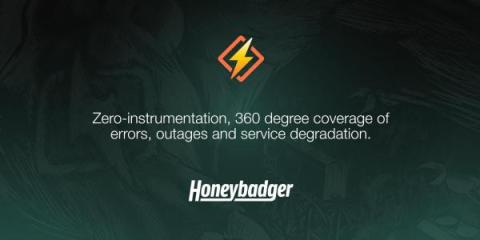December Recap: Scale to Zero, Serverless GPU Price Drop, and more
This December has been full of pivotal serverless milestones. We've rolled out a series of major features designed to make your deployments experience smoother, faster, and more cost-effective: Let’s dive into this recap to cover everything that is new and share the resources you need to run and scale your workloads.










